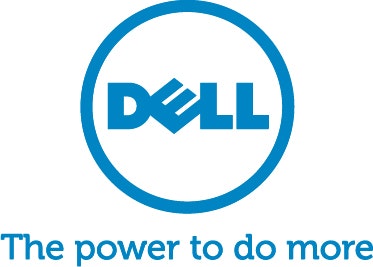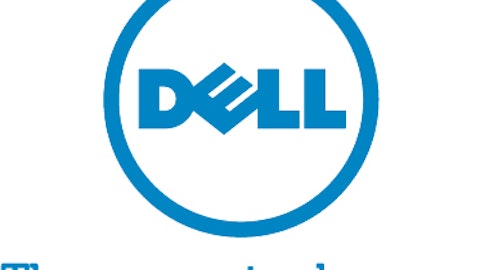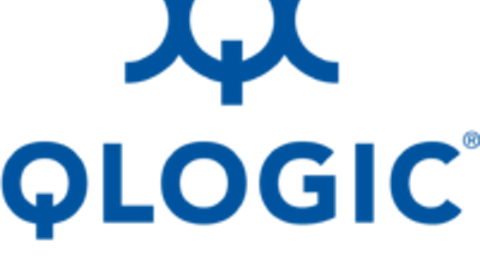On May 31, the Special Committee of Dell Inc. (NASDAQ:DELL)‘s board of directors (which has been evaluating strategic alternatives) officially recommended that shareholders accept Michael Dell’s offer to take the company private. If more than 50% of the independent shareholders vote to approve the transaction, owners of Dell stock will receive $13.65 in cash for their shares.
However, two large Dell Inc. (NASDAQ:DELL) shareholders — Carl Icahn’s Icahn Enterprises LP (NASDAQ:IEP) and Southeastern Asset Management — have teamed up in an effort to block the transaction. They argue that Michael Dell’s $13.65 offer undervalues the company. Instead, they have proposed installing a new management team and instituting a leveraged recapitalization, where shareholders would be given the option of receiving a $12 cash payment or additional shares of Dell.
Nevertheless, Icahn Enterprises LP (NASDAQ:IEP) and Southeastern have never clarified how they intend to raise the $17.3 billion in cash necessary for the proposed $12 special dividend. I tried to replicate their plan last month and concluded that it would be impossible to generate $17.3 billion in cash while borrowing only $5.2 billion without running into liquidity problems. Last week, Dell Inc. (NASDAQ:DELL)’s board also called Icahn’s bluff. In a presentation supporting Michael Dell’s $13.65-per-share offer, the Dell board essentially stated that Icahn and Southeastern haven’t put forward a firm plan because the numbers don’t work.
Source of the dispute
In a proxy statement filed last week, Icahn Enterprises LP (NASDAQ:IEP) and Southeastern asked shareholders to vote against the Dell Inc. (NASDAQ:DELL)buyout transaction. Southeastern noted that it has been a significant Dell shareholders since 2005 and explained its long-running opposition to any go-private deal that doesn’t allow it to keep its ownership stake.
Southeastern also pointed to a commentary it published following Dell Inc. (NASDAQ:DELL)’s Q1 earnings report. While Dell missed analysts’ estimates by 40% with EPS of just $0.21, Southeastern still found rays of sunshine. Most notably, Southeastern focused on a 71% increase in operating income for the “Enterprise Solutions Group.” Southeastern argues that Dell is mistakenly being portrayed as PC-centric by the media, even though ESG accounts for 39% of Dell’s operating income.

Southeastern is in a big hole on its Dell Inc. (NASDAQ:DELL) investment, since the company’s stock was trading for more than $30 when it started buying in 2005. It seems that when Icahn Enterprises LP (NASDAQ:IEP) — who has much less money invested — came to offer a “way out,” Southeastern jumped at the opportunity. However, Southeastern is viewing Dell through rose-colored glasses. While it’s reasonable to think that Dell’s profitability could rebound in the future, Icahn and Southeastern are offering false hope by implying that all of Dell’s problems are short-term.
A war of words
Now, Icahn Enterprises LP (NASDAQ:IEP) and Southeastern are asking shareholders to vote against the buyout, but they haven’t provided a detailed business plan or proof that they will be able to raise enough cash to pay their proposed $12 special dividend. Dell Inc. (NASDAQ:DELL)’s recently released presentation calls their bluff. In the presentation, Dell’s board shows that the Icahn/Southeastern proposal overestimates available cash by as much as $3.9 billion!

Source: Dell proxy filing with the SEC, 6/5/13
Thus far, Icahn Enterprises LP (NASDAQ:IEP) and Southeastern have not responded to this criticism of their plan. Moreover, Dell Inc. (NASDAQ:DELL)’s presentation notes that Icahn and Southeastern have not lined up financing for the full $5.2 billion they intend to borrow and they have not found a buyer for the assumed sale of Dell’s financing receivables.
To some extent, the lack of firm commitments from the Icahn/Southeastern camp may be the result of insufficient information. Dell wants firm proposals before giving Icahn and Southeastern full access to its records and projections; Icahn and Southeastern seem unwilling to make a firm offer without that getting the information first.
However, Carl Icahn has a net worth of $20 billion; if he were really confident that his Dell proposal is a slam-dunk, he could theoretically guarantee all of the financing. His refusal to do so suggests that he’s hoping to intimidate Michael Dell’s group into raising its bid. Unfortunately, ordinary shareholders caught in the middle of this fight now face a Hobson’s choice: Either they can vote for the $13.65 offer, or they can vote against it. However, if the sale is voted down, there is no guarantee that a $12 special dividend will be implemented.
Foolish bottom line
Dell’s board has rightly raised serious questions about the Icahn/Southeastern proposal: While its projections sound tantalizing, they are probably too good to be true. Because of the funding gap of up to $3.9 billion, shareholders could end up getting far less than $13.65 of value. As Dell’s board notes in its recent presentation, many rejected buyout proposals in recent years have led to massive losses for investors.
If Icahn Enterprises LP (NASDAQ:IEP) and Southeastern succeed in sinking the Dell buyout, shareholders could easily find themselves holding Dell stock that is worth far less than $13.65. HP, which is further ahead in its transformation plans than Dell, trades for around 7 times earnings estimates. At that multiple, Dell could be worth just $7-$9, depending on whether a current-year or a forward earnings multiple is used. With all of that downside, the prudent thing for Dell shareholders to do is exit now.
The article Dell Board to Carl Icahn: Do You Have a Real Plan? originally appeared on Fool.com.
Fool contributor Adam Levine-Weinberg owns shares of Hewlett-Packard. The Motley Fool has no position in any of the stocks mentioned.
Copyright © 1995 – 2013 The Motley Fool, LLC. All rights reserved. The Motley Fool has a disclosure policy.





